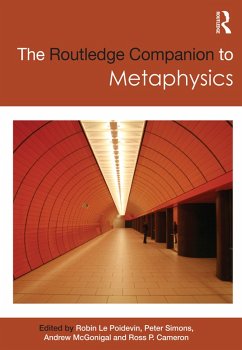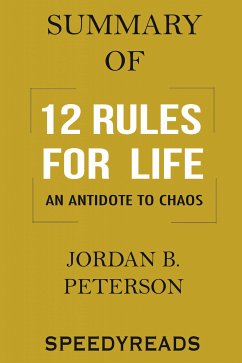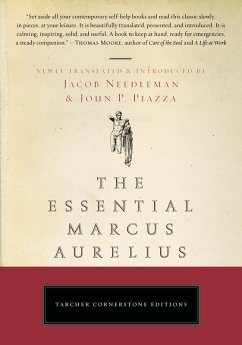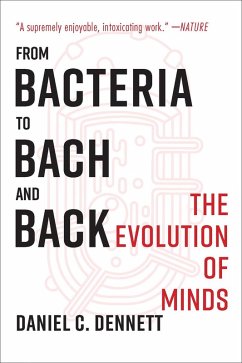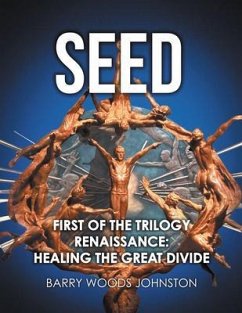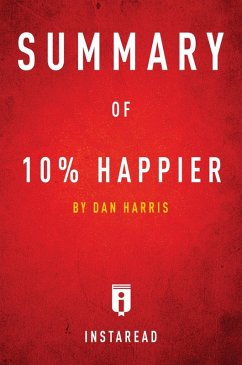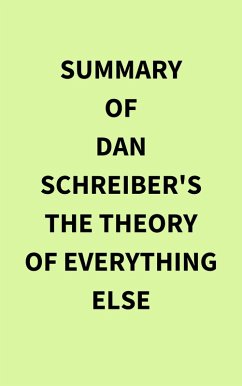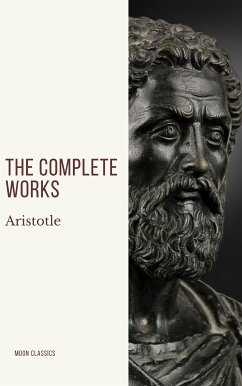
Sapere Aude: An Executive Summary of The Trilogy Naturalistic Reason (eBook, ePUB)

PAYBACK Punkte
0 °P sammeln!
Sapere Aude: An Executive Summary of The Trilogy Naturalistic ReasonThis executive summary of the trilogy entitled Naturalistic Reason shows how interactions of space and matter explain the laws of physics, shows that they are ontological causes of two basically different kinds of efficient causes that are jointly responsible for the regularities found by specialized sciences, and using a phenomenal intrinsic property of matter to explain how consciousness is part of the natural world, shows that consciousness is a pseudo-efficient cause of a metaphysical stage in the evolution of life, known ...
Sapere Aude: An Executive Summary of The Trilogy Naturalistic Reason
This executive summary of the trilogy entitled Naturalistic Reason shows how interactions of space and matter explain the laws of physics, shows that they are ontological causes of two basically different kinds of efficient causes that are jointly responsible for the regularities found by specialized sciences, and using a phenomenal intrinsic property of matter to explain how consciousness is part of the natural world, shows that consciousness is a pseudo-efficient cause of a metaphysical stage in the evolution of life, known as Western civilization, that follows the stage of other civilizations on Earth.
About The Author
Phillip Scribner was born in Denver, Colorado, and reared mostly in Cheyenne, Wyoming. He graduated magna cum laude from the University of Colorado in Boulder in 1961 with a major in philosophy, and he received his Ph.D. in philosophy from Johns Hopkins University (Baltimore, Maryland) in 1966. After teaching at the University of Nebraska in Lincoln for four years, he taught philosophy at the American University in Washington, D.C. for thirty years.
He started writing the argument that has become this trilogy in 1975, continued working on it after retiring from teaching in 2000, and completed it in 2022 at the age of 82.
This executive summary of the trilogy entitled Naturalistic Reason shows how interactions of space and matter explain the laws of physics, shows that they are ontological causes of two basically different kinds of efficient causes that are jointly responsible for the regularities found by specialized sciences, and using a phenomenal intrinsic property of matter to explain how consciousness is part of the natural world, shows that consciousness is a pseudo-efficient cause of a metaphysical stage in the evolution of life, known as Western civilization, that follows the stage of other civilizations on Earth.
About The Author
Phillip Scribner was born in Denver, Colorado, and reared mostly in Cheyenne, Wyoming. He graduated magna cum laude from the University of Colorado in Boulder in 1961 with a major in philosophy, and he received his Ph.D. in philosophy from Johns Hopkins University (Baltimore, Maryland) in 1966. After teaching at the University of Nebraska in Lincoln for four years, he taught philosophy at the American University in Washington, D.C. for thirty years.
He started writing the argument that has become this trilogy in 1975, continued working on it after retiring from teaching in 2000, and completed it in 2022 at the age of 82.
Dieser Download kann aus rechtlichen Gründen nur mit Rechnungsadresse in A, B, CY, CZ, D, DK, EW, E, FIN, F, GR, H, IRL, I, LT, L, LR, M, NL, PL, P, R, S, SLO, SK ausgeliefert werden.




